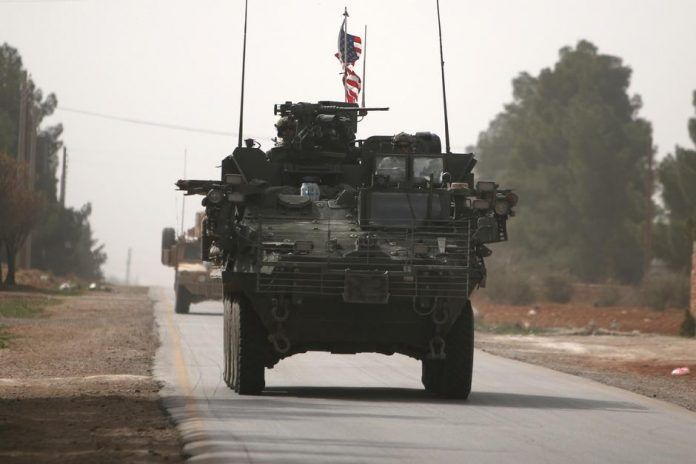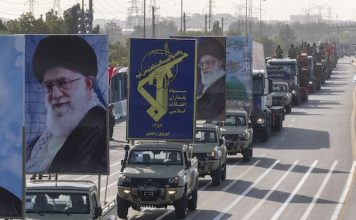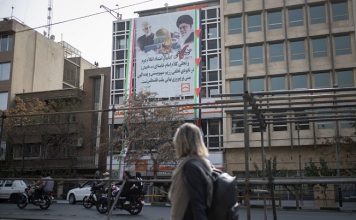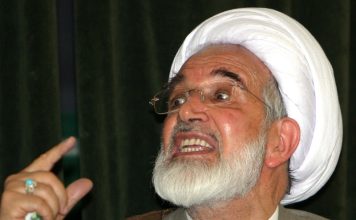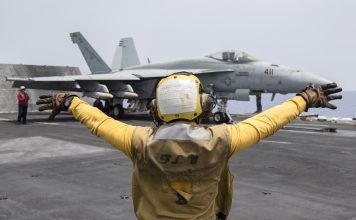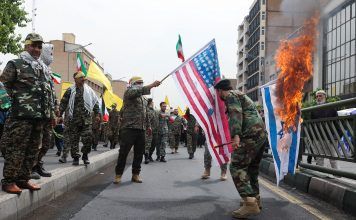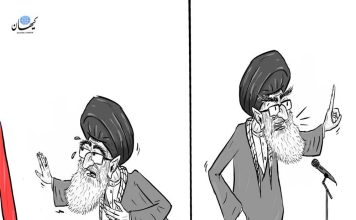WASHINGTON, Aug 9 (Reuters) – U.S. troops in northeastern Syria were attacked by a drone, a U.S. official told Reuters on Friday, although there were no injuries according to initial reports.
This is the second attack in recent days against U.S. forces in the Middle East as the region braces for a possible new wave of attacks by Iran and its allies.
Ismail Haniyeh, the political leader of Iran-backed Hamas, was assassinated in the Iranian capital Tehran on July 31, an attack that drew threats of revenge by Iran against Israel, which is fighting the Palestinian Islamist group in Gaza. Iran blamed Israel for the killing. Israel has not claimed responsibility.
The assassination and the killing of the senior military commander of the Iran-backed Lebanese group Hezbollah, Fuad Shukr, by Israel in a strike on Beirut, have fueled concern the conflict in Gaza was turning into a wider Middle East war.
Iran has said the U.S. bears responsibility in the assassination of Haniyeh because of its support for Israel.
“Initial reports do not indicate any injuries, however medical evaluations are ongoing. We are currently conducting a damage assessment,” the U.S. official said on the condition of anonymity about the attack in Syria.
The attack took place at Rumalyn Landing Zone, which hosts U.S. troops along with those from the U.S.-led coalition.
Five U.S. personnel were injured when two Katyusha rockets were fired at Ain al-Asad airbase in western Iraq on Monday, an attack the Pentagon blamed on Iran-backed proxies.
The United States has 900 troops in Syria and 2,500 in neighboring Iraq, who it says are on a mission to advise and assist local forces trying to prevent a resurgence of Islamic State, which in 2014 seized large swaths of both countries but was later pushed back.
(Reporting by Idrees Ali and Phil Stewart; Editing by William Mallard)

